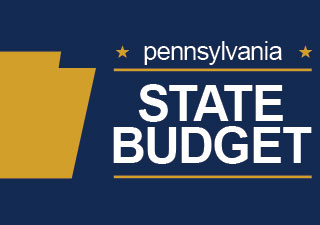Media

House Budget Holds the Line on Taxes
Yesterday, the PA House of Representatives advanced a $29.1 billion spending bill. This bill could be voted on by the full House today. There is much to like in this budget in terms of fiscal responsibility.
For starters, the $29.1 billion budget represents a 2.1% increase over the 2013-14 passed budget (1.9% when including “supplement appropriations” that are added to 2013-14 spending totals). This increase is less than the rate of inflation and population growth as measured by the Taxpayer Protection Act.
The budget plan also addresses the spending gap without raising any taxes. While it does rely on transfers from other funds, it does not delay pension payments or expand Medicaid.
Underfunding pensions, while making it easier to balance the budget this year, requires higher future payments to make up the difference and lost investment income. Moreover, shifting costs to the federal government via Medicaid expansion would grow the welfare state—hurting Pennsylvanians with higher federal taxes and higher future state costs and harming the poor with low-quality health care—without tackling the necessary reforms to fix a broken system.
Further, the proposed budget and revenue changes include temporarily suspending some targeted tax breaks and reducing some economic development subsidy programs. These programs are generally less effective than lower tax rates across the board in encouraging job growth and making Pennsylvania more economically competitive.
Finally, the proposed budget would use $380 million in revenue from liquor privatization. While recent indications are that liquor privatization seems unlikely to pass the Senate, the House plan sets the right priorities.
Enacting liquor privatization, a reform that the vast majority of Pennsylvania voters want, would deliver greater convenience, selection and prices for consumers. This should be a budget priority given the oft-suggested alternative of job-killing tax hikes.